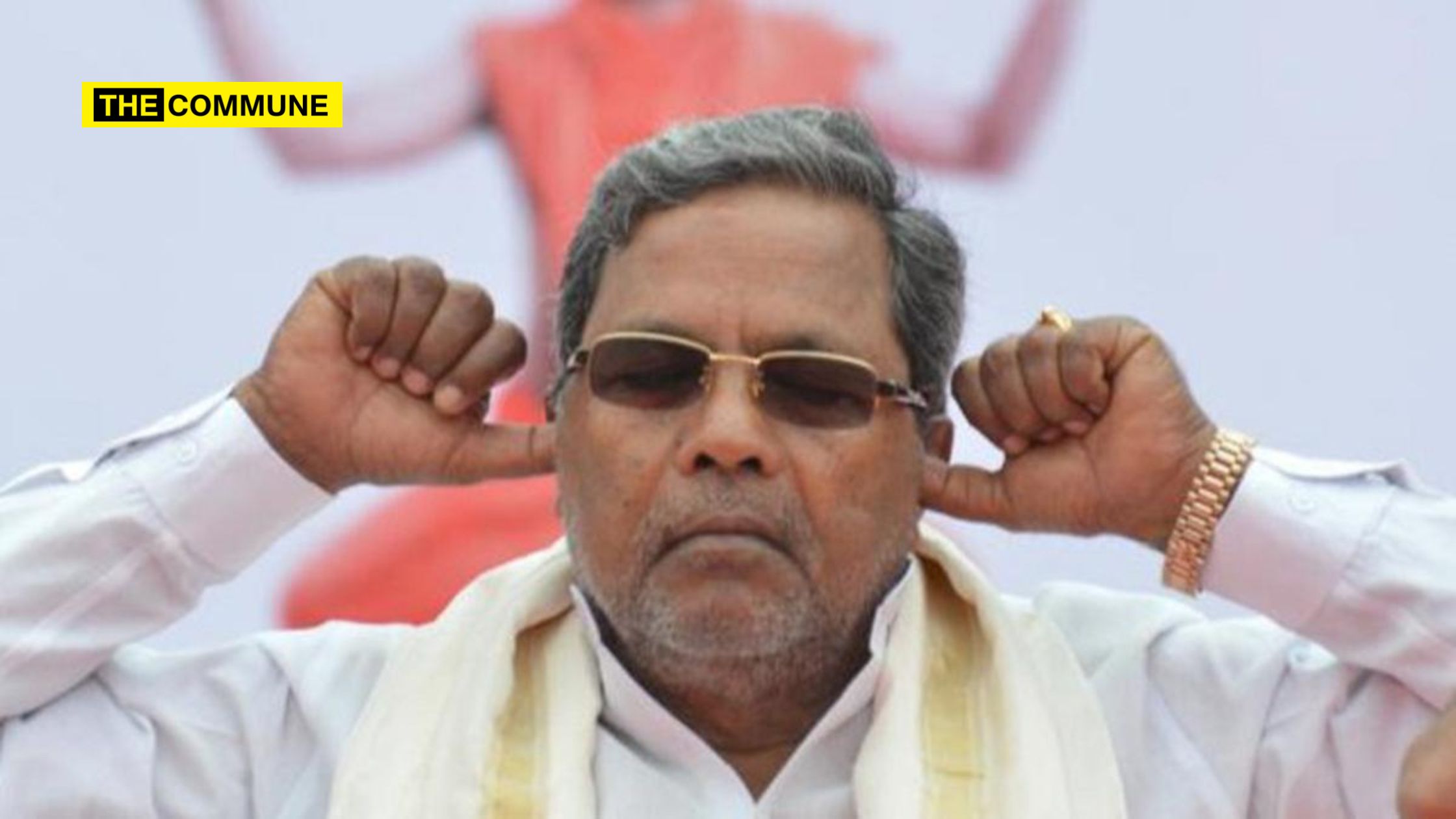
On 11 December 2024, the DMK-led government in Tamil Nadu reversed its decision to impose a crackdown on gig workers operating bike taxis. This move came just hours after the state’s Transport Commissioner, Shunchonngam Jatak Chiru, issued an order banning bike taxis and the use of two-wheelers for commercial purposes. However, Transport Minister SS Sivasankar overturned this order, blaming that there was insufficient clarity from the Centre on the matter.
The initial ban, which followed complaints from auto-rickshaw drivers, instructed officials to launch an enforcement drive and submit a report by 7 PM on 11 December 2024. This sparked confusion and panic among bike taxi operators and their customers across the state.
Minister Sivasankar later clarified that the Central government, which is responsible for formulating nationwide guidelines, had not provided clear regulations concerning the use of two-wheelers for commercial activities. He emphasized that the state was awaiting further clarity from the Centre and the courts before making a final decision. “Currently, there is no effective ban on bike taxis, and they can continue to operate in Tamil Nadu,” he stated.
Tamil Nadu is home to over 400,000 workers employed by platforms like Rapido, Ola, Uber, Swiggy, Dunzo, and Zomato. The minister added that drivers must have valid licenses and vehicle insurance documents, and failure to comply would lead to action against them.
Jude Mathew of the Independent Rental Vehicles Owners and Drivers Association urged the government to finalize its policy on bike taxis. He pointed out that the lack of clear guidelines since 2019 had left accident victims using bike taxis without access to compensation or insurance claims. The Madras High Court had previously banned bike taxis in 2018 following a petition by the association, but the ruling was stayed on appeal.
Following this, the state was directed to draft comprehensive regulations, which are still awaiting approval from the transport department. The proposed aggregator policy is intended to regulate fares and establish accountability in case of accidents or violations.
(With inputs from TOI)
Subscribe to our channels on Telegram, WhatsApp, and Instagram and get the best stories of the day delivered to you personally.




